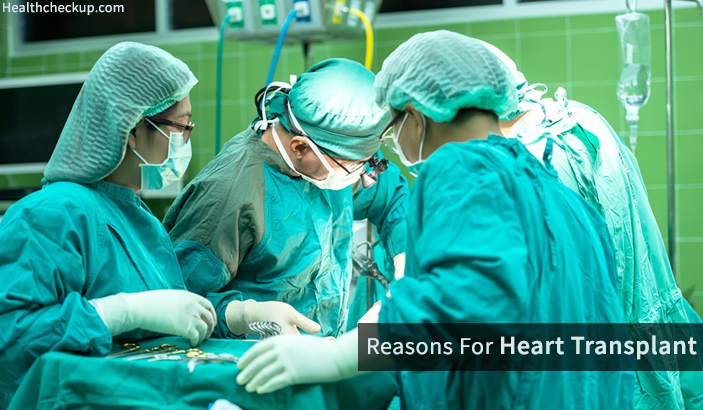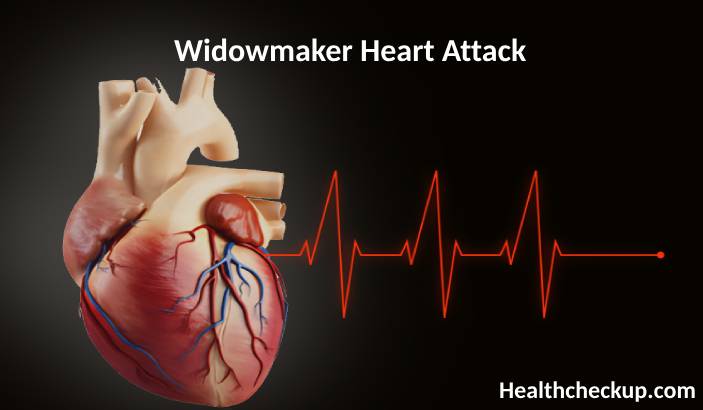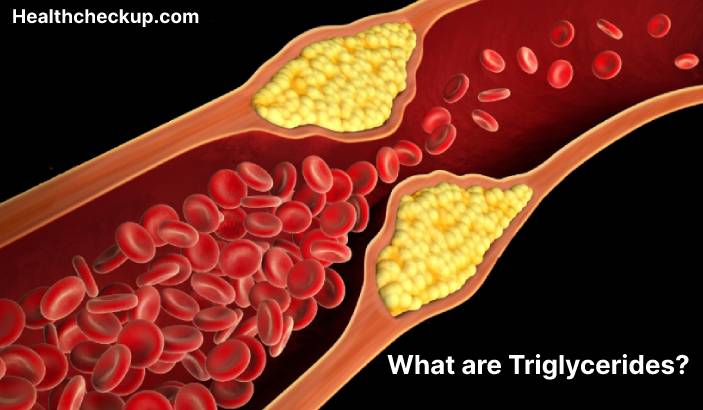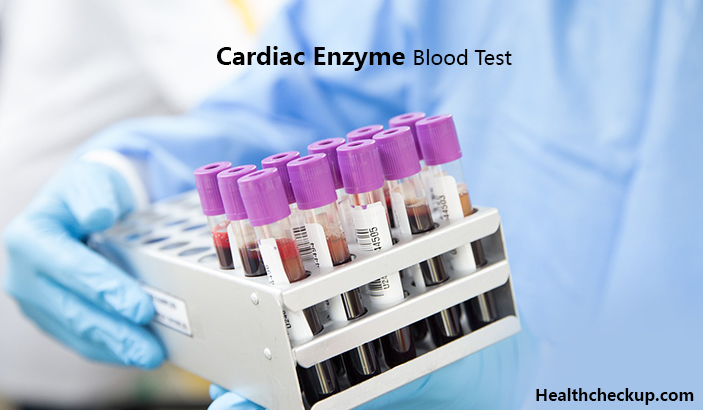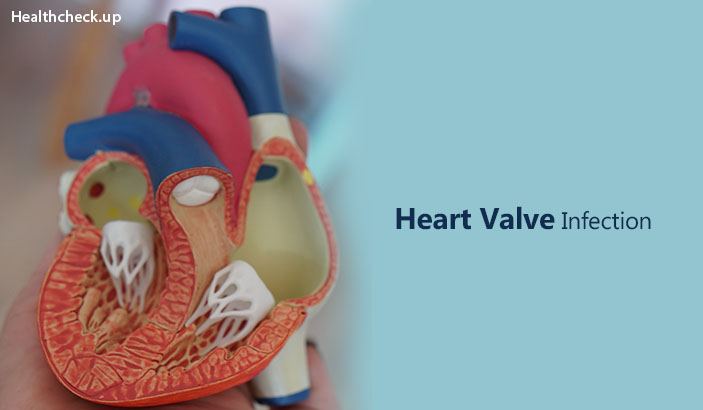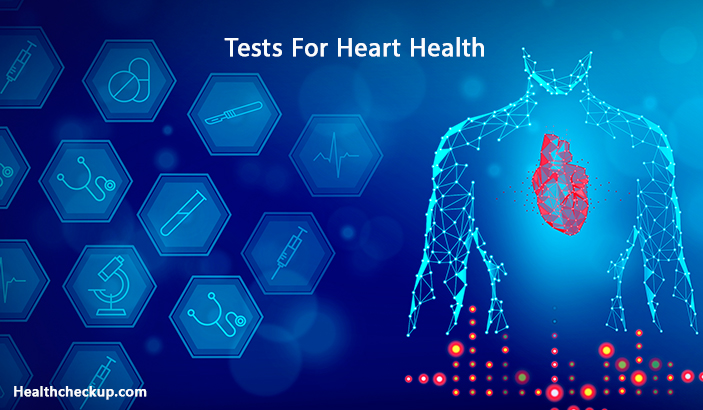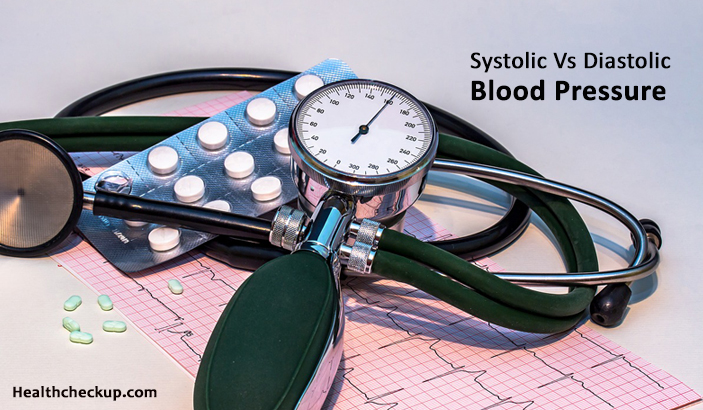The heart is the most important organ in most of the animals, including human beings. The importance of heart arises due to its most important functions and life promoting role. The human heart pumps blood through the numerous blood vessels of the circulatory system of the human body. This blood in turn supplies the life saving oxygen and other nutrients to all the parts of the body while removing metabolic wastes from the body parts on to the excretory system.
Thus, human heart surely has a very important role to perform. But in some human beings this important organ the heart fails to perform this necessary action. Thus, at that stage, the human beings are suggested heart transplants. Given the hectic lifestyles we follow, it is important to understand the various reasons for the heart transplant.
Reasons For Heart Transplant
Heart transplant, also known as a Cardiac Transplant. It is a surgical procedure which is performed on patients suffering from an end stage failure of the heart. This procedure of heart transplant is also administered on patients suffering from severe coronary artery diseases. However, this procedure is adopted only when other medical or surgical treatments have failed to deliver results.
The heart transplant is the procedure of replacing a person’s diseased or damaged heart with the heart of a healthy donor. This donor is usually a person who has died recently and the family members have agreed to donate the heart. The heart transplant is usually considered to be an option only when the heart failure is severe to the extent that no other therapy is working miracle for the patients. Some of the important reasons when heart transplant becomes an inevitable choice include
- Birth Defects of the Heart (Congenital Heart Defects)
- Heart Valve Disease
- Dilated Cardiomyopathy (Weakening of the Heart Muscle)
- Ventricular Arrhythmias (Dangerous Recurring Abnormal Heart Rhythms)
- Amyloidosis
- Severe coronary artery disease with scarred tissue in the heart resulting from a heart attack
- Failure of previous heart transplant procedures
(Read – Tests Involved in Heart Checkup)
Heart Transplant Survival Rate By Age
With the increasing intervention of technology in the field of medical sciences and the innovation in the field of the technology itself. Heart transplant success rates have improved drastically over the years. Though a heart transplant is a major surgical procedure, the chance of survival of the patient increases in case the patient sincerely follows the appropriate post surgical care and follow up procedures.
Researches prove that almost 85-90 percent of the patients undergoing a heart transplant surgery live at least one year after their surgery. Their annual death rate post the first year is about four percent thereafter. The patients surviving three years and more post the surgical procedure is recorded at about 75 percent.
- Researches have further proved that patients undergoing the major surgical procedure by the age of 55 or less have a 25 percent more chance of surviving 10 years after the surgery as compared to older patients.
- Beyond the age of 55, though, the chance of survival up to 10 years post the surgical procedure dips sharply.
- However, exceptions always rule the game and patients have had successful trysts with life post the surgery even beyond 60 years of age.
The benefits of heart transplantation procedures are mostly clear. However, in cases of patients who are not hospitalized and under constant medical supervision, patient cases where heart transplant considerations become inevitable include
- Patients with a history of repeated hospitalizations due to the failure of heart functions
- Patients who need a ventricular assist device or artificial heart in order to support circulation within the body
- Patients for whom the types, doses, and complexity of medications are increasing almost regularly
- Patients who report a reproducible VO2 of less than 14 mL/kg per minute
(Read – Treatment For Sudden Sharp Pain in Chest)
Heart Transplant Surgery Duration
Usually, a heart transplant surgical procedure takes quite some time, approximately four hours. During the surgery procedure, the patient is placed on a hear-lung machine which helps in circulating blood throughout the body during the time of the surgery. The surgeon in the meantime would remove the patient’s heart while leaving the pulmonary vein openings along with the back wall of the atrium of the patient intact.
Awareness about a problem suggests the most suitable way out of such a problem. Therefore, it is important to aware of the reasons for heart transplant. So that appropriate and timely measures can be taken in order to save a life.
Medically Reviewed By

Samarpita is a dedicated freelance writer with avid experience in the space of health, she specializes in topics related to diet, nutrition, immune-related diseases, detection and prevention of diseases and taking a natural route to cure such diseases.


